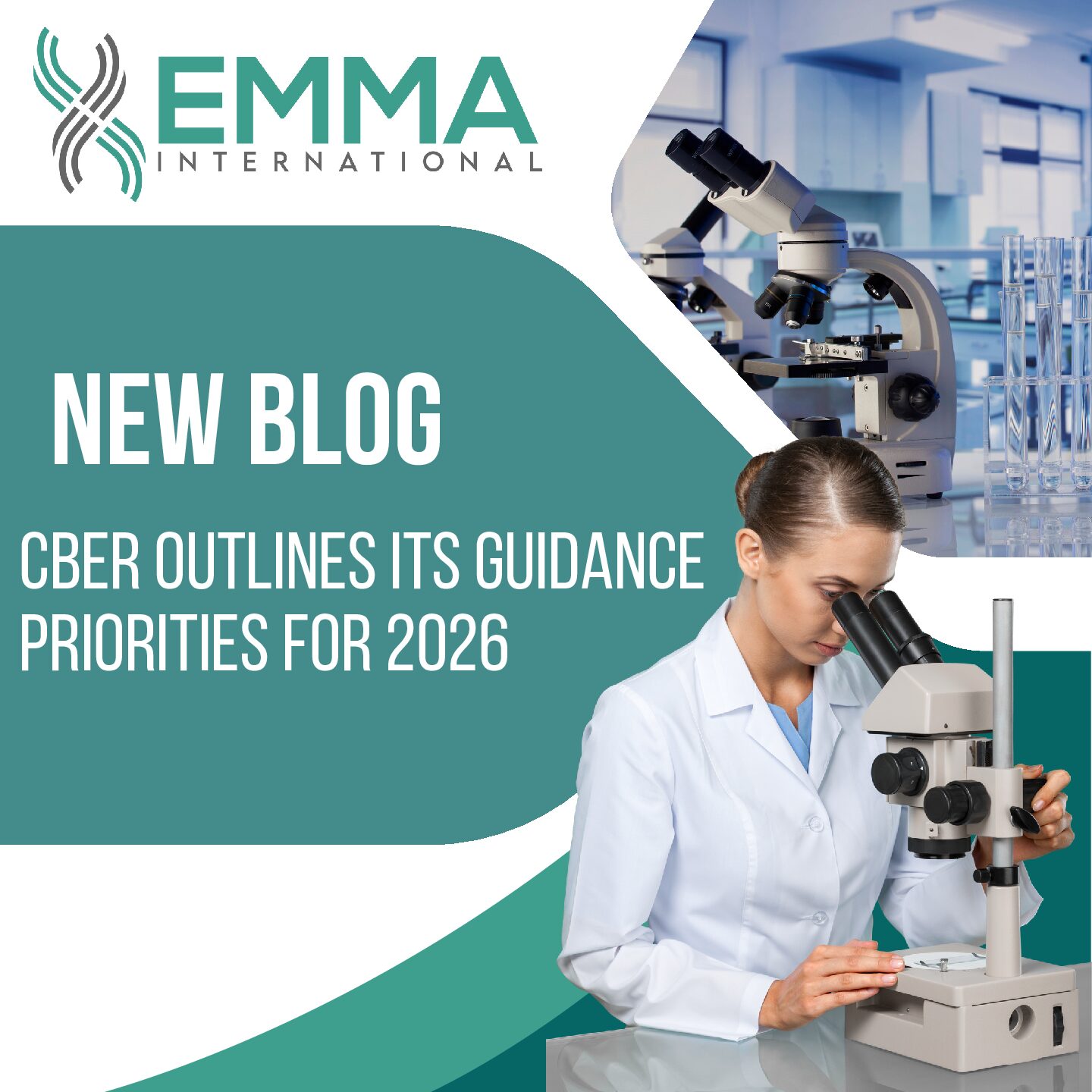In the rapidly evolving landscape of healthcare technology, artificial intelligence (AI) and machine learning (ML) are revolutionizing the way we diagnose, treat, and manage medical conditions. From predictive analytics to image interpretation, AI-powered medical devices hold immense promise in improving patient outcomes and streamlining clinical workflows. However, with innovation comes responsibility, especially concerning the regulation and management of these sophisticated technologies. This blog will discuss predetermined change control plans – a proactive approach to ensuring the safety, efficacy, and reliability of AI/ML medical devices throughout their lifecycle.
Before diving into change control plans, it’s essential to understand the transformative potential of AI and ML in healthcare. These technologies can analyze vast datasets, identify patterns, and generate insights that augment clinical decision-making. Whether it’s diagnosing diseases from medical images, predicting patient outcomes, or personalizing treatment regimens, AI/ML holds the key to unlocking new frontiers in precision medicine and patient care.
While the benefits of AI/ML in healthcare are undeniable, regulatory agencies face unique challenges in overseeing these technologies. Unlike traditional medical devices with static algorithms, AI/ML systems are dynamic and evolve over time. This dynamic nature raises concerns about algorithm drift, data integrity, and the potential for unexpected performance changes. Moreover, AI/ML algorithms can be opaque, making it difficult to interpret their decision-making processes and assess their reliability.
Predetermined change control plans offer a proactive strategy for managing the lifecycle of AI/ML medical devices while ensuring ongoing safety and effectiveness. These plans outline predefined processes and criteria for assessing and implementing changes to AI algorithms, software updates, and dataset modifications. By establishing clear guidelines upfront, manufacturers can mitigate risks and maintain regulatory compliance throughout the device’s lifecycle.
Key Components of Predetermined Change Control Plans
- Algorithm Validation: Before commercialization, manufacturers must rigorously validate AI/ML algorithms using robust datasets and transparent methodologies. This validation establishes the algorithm’s performance metrics, limitations, and intended use cases.
- Risk Management: Predetermined change control plans should include comprehensive risk assessments to identify potential hazards associated with algorithm changes or updates. Manufacturers must evaluate the impact of these changes on patient safety, clinical outcomes, and device reliability.
- Data Monitoring and Surveillance: Continuous monitoring of input data sources is essential for detecting shifts in data patterns, biases, or anomalies that could affect algorithm performance. Manufacturers should implement robust data surveillance mechanisms to ensure data quality and integrity over time.
- Change Notification and Reporting: Manufacturers must establish clear protocols for documenting and communicating changes to AI/ML algorithms, software updates, and dataset modifications. This includes notifying regulatory authorities of significant changes that may impact device safety or effectiveness.
Implementing predetermined change control plans offers several benefits for AI/ML medical device manufacturers, healthcare providers, and patients. By proactively managing algorithm changes, manufacturers can quickly minimize the risk of adverse events or performance degradation. Predetermined change control plans enable iterative refinement and optimization of AI/ML algorithms based on real-world data and feedback, driving continuous improvement in device performance and clinical outcomes. Additionally, Clear documentation and reporting of algorithm changes enhance transparency and accountability, fostering trust among regulators, healthcare providers, and patients.
In the era of AI-powered healthcare, predetermined change control plans offer a proactive strategy for managing the dynamic nature of AI/ML medical devices. By establishing clear processes for algorithm validation, risk management, data monitoring, and change notification, manufacturers can ensure ongoing safety, efficacy, and reliability throughout the device’s lifecycle. As AI/ML technologies continue to reshape the future of healthcare, proactive regulatory approaches will be essential to harnessing their full potential while safeguarding patient well-being.
EMMA International’s in-house experts will answer your questions and help advance your software from development to approval. With decades of global experience, we’re here to assist with digital health regulatory requirements worldwide. Call us at 248-987-4497 or email info@emmainternational.com to learn more.
FDA (Oct 2023) Predetermined Change Control Plans for Machine Learning-Enabled Medical Devices: Guiding Principles retrieved from: https://www.fda.gov/medical-devices/software-medical-device-samd/predetermined-change-control-plans-machine-learning-enabled-medical-devices-guiding-principles




